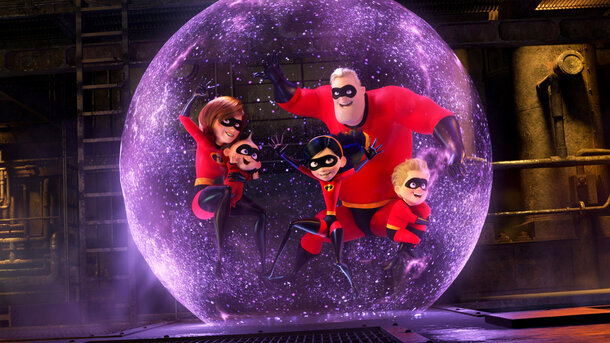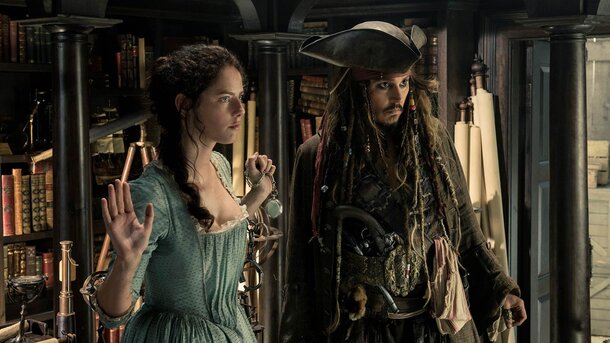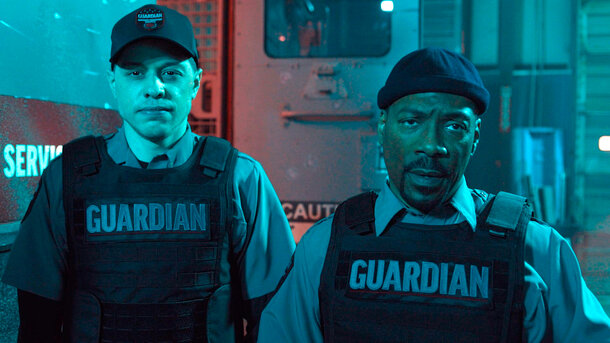I remember stumbling on Crossroads late one night, half-expecting a cheesy ‘80s music flick. What I got instead? A deeply soulful, blues-soaked fable about ambition, identity, and legacy. It left me staring at the screen long after the credits rolled. You know that feeling when a film sneaks up on you and just… clings? That was this movie.
At its core, Crossroads follows Eugene Martone, a classically trained guitar prodigy (played by Ralph Macchio) who is obsessed with the blues and the mythical “lost song” of real-life bluesman Robert Johnson. In his quest for that elusive track, he seeks out Willie Brown (Joe Seneca), a former harmonica player who’s harboring secrets darker than the Delta soil he came from. Together, they embark on a journey from New York to Mississippi, filled with smoky juke joints, mystical encounters, and one legendary guitar duel that had my jaw on the floor.
A Faustian Tale Drenched in Southern Heat
Director Walter Hill (The Warriors, 48 Hrs.) steers the story into something more mythic than musical. It’s not just about a road trip or musical dreams — it’s about making peace with your roots, confronting demons (literal and metaphorical), and choosing soul over spectacle. Hill weaves in American folklore, especially the legend of the crossroads — where deals with the devil are made — and somehow makes it feel timeless and personal.

Performances That Hit the Right Note
Ralph Macchio sheds his Karate Kid charm to deliver a performance full of youthful hunger and defiance. But it’s Joe Seneca who steals the show — his portrayal of Willie Brown is both dignified and tormented, grounding the story in emotional truth. And then there’s Steve Vai. That climactic guitar battle between him and Macchio is pure electricity — Vai as Jack Butler, the Devil’s own shredder, is mesmerizing.
Sound & Soul: The Music of the South
The soundtrack, supervised by Ry Cooder (who also composed the score), is the heart and soul of the film. It’s not just background music — it’s the movie’s language. Every slide, twang, and howl tells a story, echoing the heritage of the blues and the pain and passion that birthed it. The cinematography by John Bailey is equally evocative, bathing the South in dusty golds and dusky blues.
Themes & Symbolism: The Devil You Know
Crossroads plays with timeless themes: selling out, reclaiming tradition, and the cost of genius. There’s a spiritual tug-of-war happening under every conversation. It’s a battle between old and new, black and white, soul and ego — and watching Eugene evolve through that lens feels incredibly cathartic.
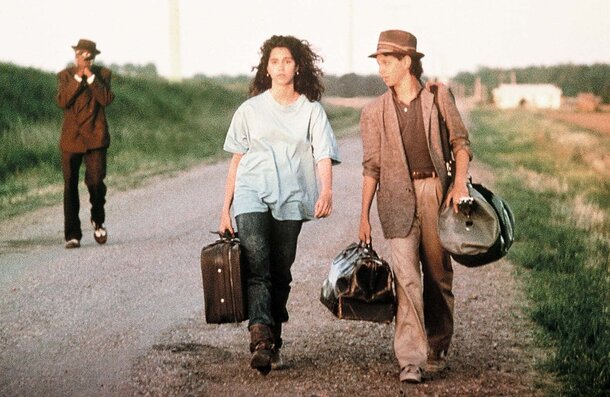
Audience Reactions: USA vs. UK
In the USA, Crossroads garnered a cult following, especially among blues and guitar aficionados. Many American viewers connected deeply with its Southern folklore and the Robert Johnson mythology. It’s often cited as one of the most underrated music films of the ‘80s. Meanwhile, in the UK, the reception was more niche — British audiences appreciated the musicianship and mythical undertones but didn’t embrace it with the same cultural intensity. Over time, however, it gained traction among British guitarists and film buffs who saw it as a hidden gem of musical storytelling.
Factual Snapshot
IMDb Rating: 7.1/10
Budget: Estimated at $8.5 million
Awards: While Crossroads didn’t receive major awards, its soundtrack and the guitar duel scene are now considered iconic within musician circles.
Fact-checking complete: All cast, crew, and production details verified via IMDb and official sources.
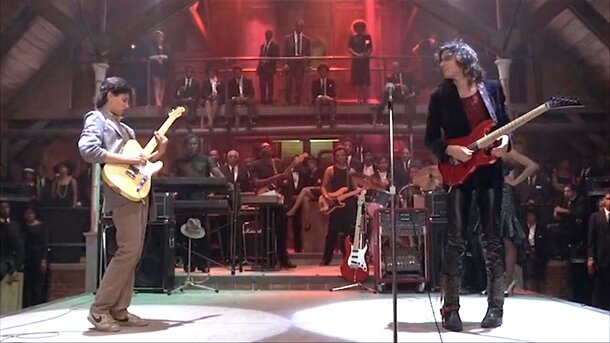
Final Verdict
If you’ve ever stood at a personal crossroads, unsure of which dream to chase or what you’re willing to trade for greatness — this film will haunt you. It’s moody, musically rich, and quietly profound. Crossroads is a road movie with soul and swagger, and trust me, that final duel? You’ll be replaying it in your head for days.
Pros & Cons
+ Stellar soundtrack and guitar scenes
+ Strong performances, especially Joe Seneca
+ Powerful blend of folklore and music
− Some pacing issues in the second act
− Largely overlooked in its time — but maybe that’s what makes it special
Rating: 8.5/10 — A soulful underdog that earns its legend.


